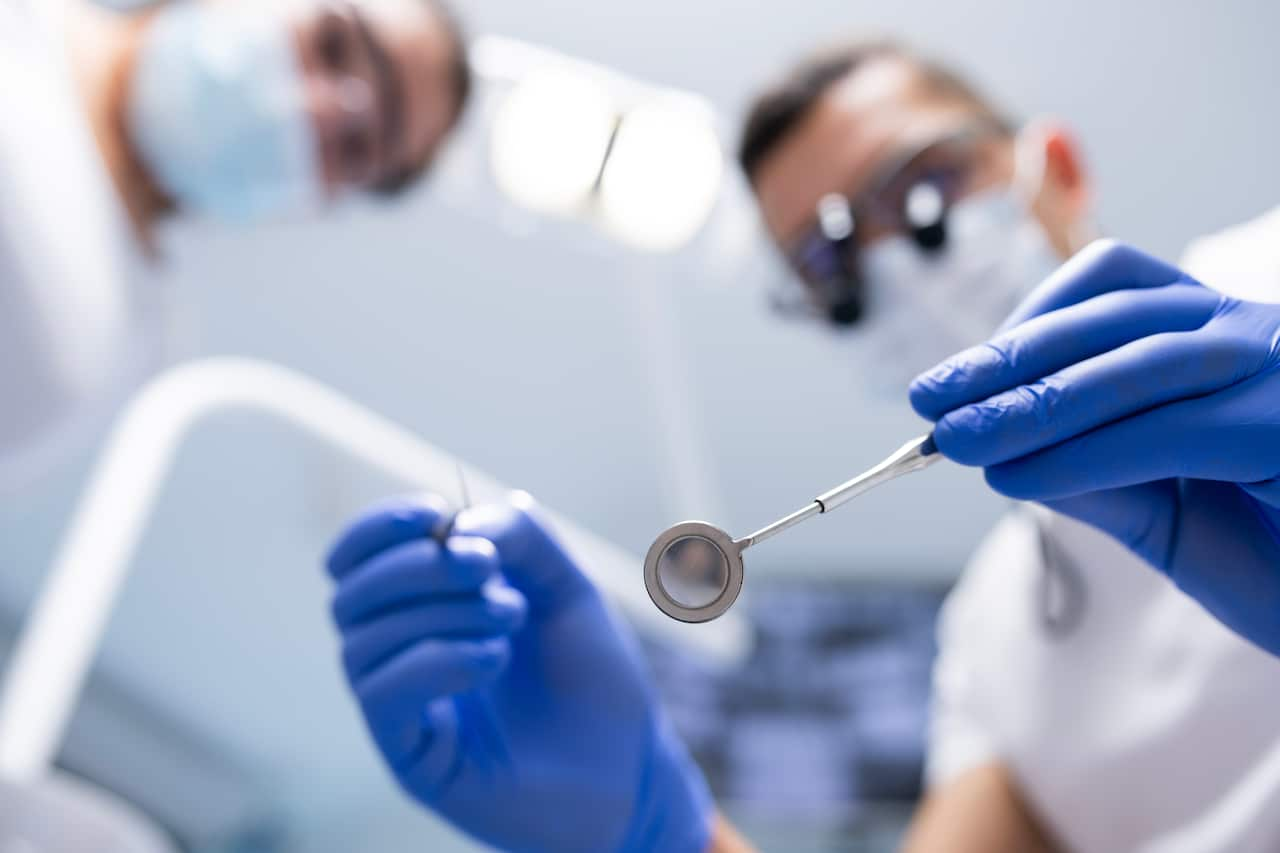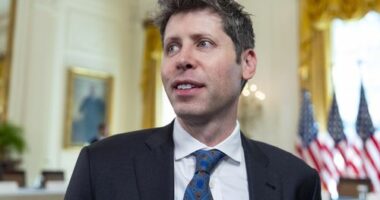Share this @internewscast.com
They may endure pain affecting their sleep, speech, and enjoyment of certain foods, and frequently encounter discrimination and stigma.
So, why is it so shameful to have missing teeth or gum disease? And what can we do about it?
The social and psychological impact
In situations where decayed teeth were visible, observers rated the individual lower in intelligence, social abilities, confidence, self-worth, and perceived happiness — based solely on appearance.
It was found that losing teeth from decay or injury is relatively common, impacting one in ten children, who then have a 42% greater chance of being bullied at school.
These stigmatizing experiences can foster feelings of shame, embarrassment, and low self-esteem. In some cases, they may deter individuals from seeking dental care, fearing further humiliation or criticism for perceived self-neglect.
Dental care is often out of reach
This means oral health care remains inaccessible and unaffordable for many Australians.
Poor oral health affects everyday life
Studies indicate that those suffering from tooth decay pain are more inclined to miss work or school, which can have persistent negative impacts, disrupting their education and career.

Research shows when people are in pain from tooth decay they are more likely to take days off work and school. Source: Getty / ArtistGNDphotography
Parents may also need to take time off work to take children to the dentist or dental hygienist. They often face financial pressures due to high out-of-pocket costs for dental treatments.
Recently, there has been an increase in people using superannuation to cover dental treatments for largely preventable issues, which might exacerbate financial hardship.











